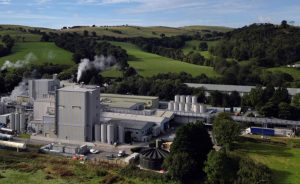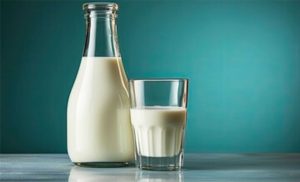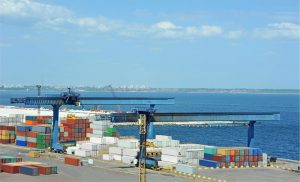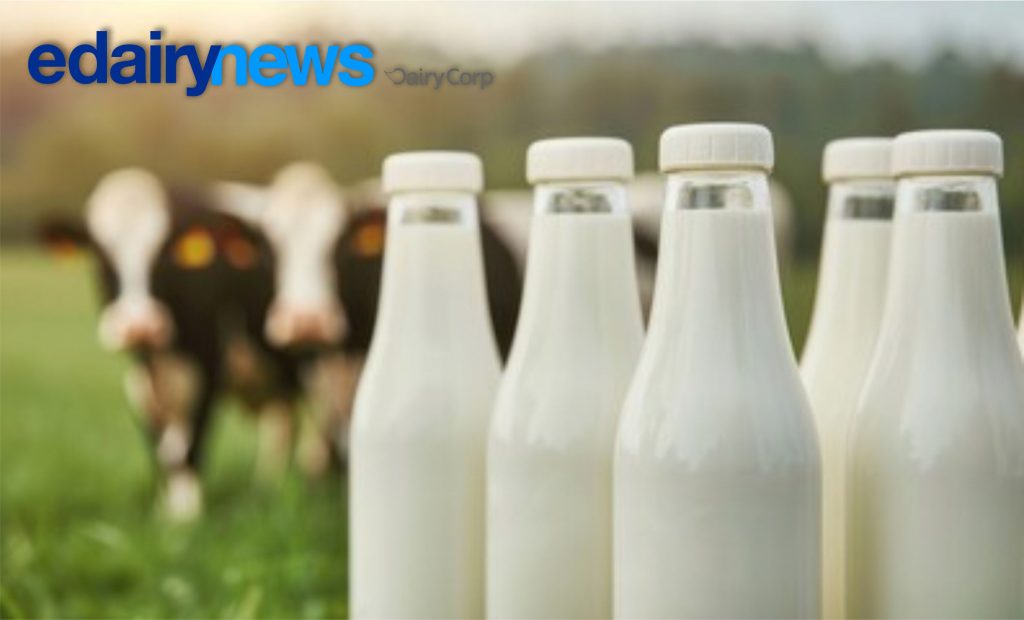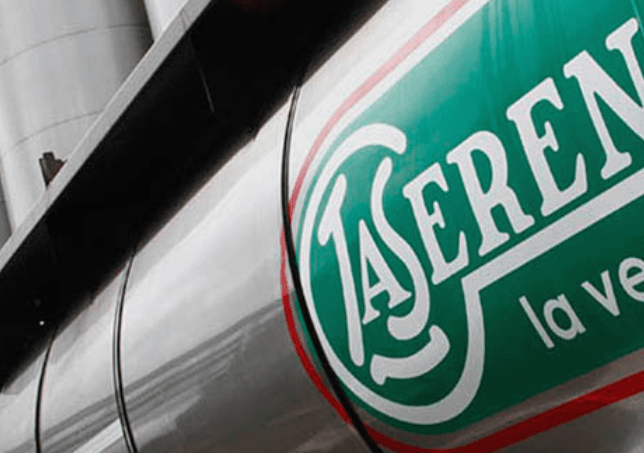She is in her second year on the Beef + Lamb New Zealand Southern South Island Farmer Council and brings knowledge and assistance in “the environmental sphere”.
She comes from a dairying family, then went beef farming before moving to Southland with her husband Alan where they have been dairying, dairy grazing and bull rearing.
They believed in paying forward the help they received when they first started out and now have equity interests in three dairy properties and a 43ha dairy grazing unit. They had given son Simon, as well as other young people, a start in the dairy industry.
Mrs Topham mentors other farmers and is also an inaugural member of the Hedgehope-Dunsdale catchment group, and has learned about environmental regulations, farm environment plans, and how to work with council, regulatory bodies and ministers.
“Although I am not a sheep and beef farmer, I have been, and have friends around us that are. My background from being involved as a dairy environment leader and the DEL Forum. Through being involved the catchment group, I am well aware of the environmental pressures coming at us.”
The catchment group holds regular meetings about issues like water quality, preventing sediment run-off and keeping the community informed of new regulations and subsequent implications.
She grew up at Lake Ohia in Northland. Her grandfather was a Dalmation (Croatian) immigrant who bought 400ha of under-developed scrub and peat land.
He gave each of his sons land and they all went dairying, working together to clear the land.
“I don’t think our generation realised how hard they worked to bring in that land.”
Mrs Topham became a science and chemistry teacher.
“I was first year teaching at Matamata College and met my husband Alan at the Matamata Young Farmers Club.
“We married and progressed from sharemilking 120 cows on 49ha to farm ownership.
“His dad helped with the finances by providing a second mortgage.
“Without that support we wouldn’t have been able to purchase the farm.”
They had four children and moved to Southland in 1992, buying a 136ha sheep farm near Tuatapere, which they converted to 250-cow dairy property.
“We wanted a bigger farm, which potentially could cut the fluctuations of weather and payout.
“That farm now milks 420 to 500 cows.”
They also bought a 200ha dairy support block at Hedgehope in 2003 and grazed 500 dairy heifers from weaning as well as supplying 200 bulls to dairy farmers.
They converted the farm to dairying in 2010 as part of their succession plan.
“It has always been our goal to give back to an industry that we have loved. As farmers we believe we are custodians of the land for future generations.
“As such we have been proactive on mentoring or giving opportunities to others.
Often young farmers have the cash flow to support owning a dairy farm but not enough equity. So we can provide this and it is a win-win as they get their first farm and a foot well in the door. “We get a return on our capital but more importantly they progress.”

